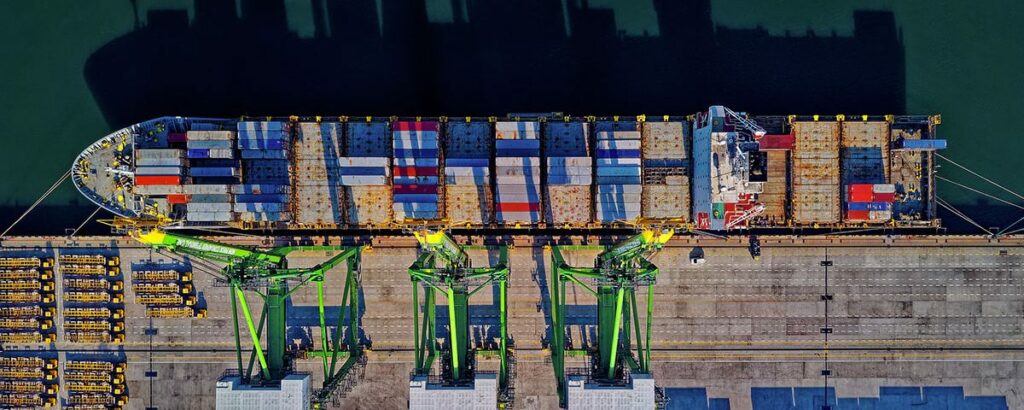As we already know, there are a large number of materials and products that, despite their hazardous nature (either because their handling or contact with other materials can cause accidents), are essential for a large number of sectors, which rely on them for the normal development of their activity. For this reason, it has been necessary to develop a series of legislations that establish the basis for the transfer of such materials, so that whatever the means of transport used, the regulations are clear and protect both third parties and the environment.
The regulation we talk about most often, as it involves the transport of dangerous goods by road, is the ADR (European Agreement concerning the International Carriage of Dangerous Goods by Road). This agreement includes 32 countries of the European Union and includes a series of rules to be followed so that, even if cross-border travel occurs, these are the same and are respected. Basically, reference is made to the characteristics of packaging and vehicle conditioning that must be followed in the case of transporting potentially hazardous products, as well as to the labeling that informs of the type of goods being transported. This takes into account the typology of the material, which is classified according to the degree of danger, including the measures to be taken to avoid incidents.
However, the ADR is not the only regulation that exists in relation to these procedures: the RID is the regulation focused on the international transport of dangerous goods by rail, which is included in the COTIF (Berne, 1980). On the other hand, the IMDG (International Maritime Dangerous Goods (International Maritime Dangerous Goods) Code, published in London, applies to international sea transport. Finally, there is also a regulation concerning air transport, the ICAO, which is a compendium of all the technical standards associated with this type of transport. In this case, its origin is to be found in the Convention on International Civil Aviation held in Chicago in 1944.
All these regulations are mandatory in Spain, so that companies in the country dedicated to ADR transport, such as BDtrans, must be up to date on these regulations and be familiar with the content for their correct application. The knowledge and monitoring of this legislation is one of the pillars that governs the efficiency and safety of trusting the company, knowing that all its procedures are carried out by qualified professionals trained in ADR transport and handling.
